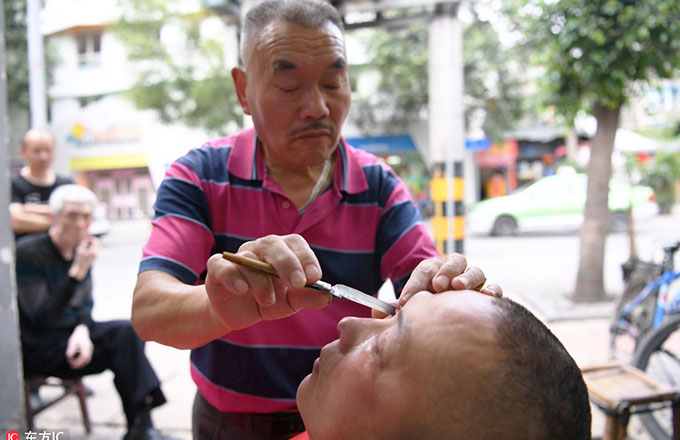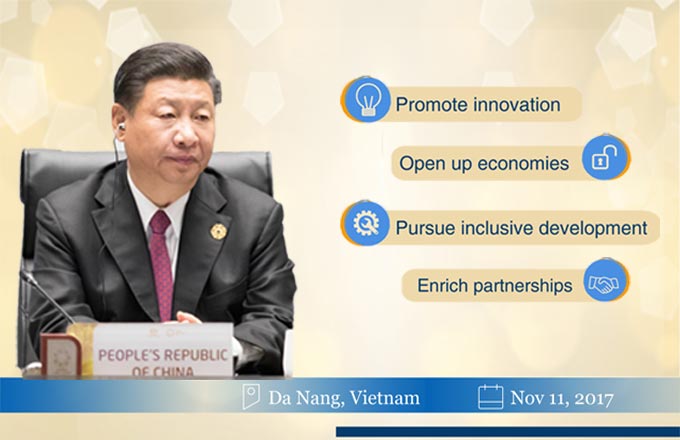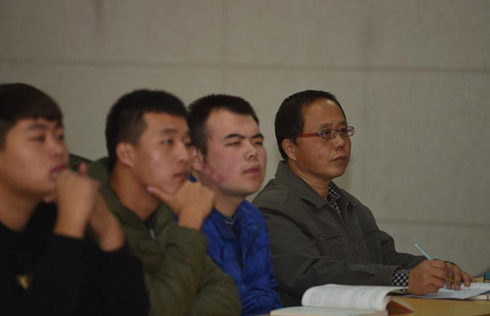European medical training facility opens China office
The Association for Medical Education in Europe, an organization with members in more than 90 countries and regions, opened an office in China on Sunday and released a Mandarin version of its journal Medical Teacher.
The association's China office is intended to assist the development of the medical education sector through the use of its resources, including literature, conferences and guides to produce better healthcare practitioners, said Trevor Gibbs, a development officer for the association.
Although Chinese medical education has produced some excellent doctors, it remains a traditional, lecture-based activity that could be improved by different techniques, Gibbs said.
Medical education "has evolved into a system that looks at students and how they learn, bringing new theories along with different innovations", he said.
The association, established in 1972, is based in Dundee, Scotland. Half its members are outside Europe.
"It's very appropriate to start looking outside of Europe," Gibbs said, adding that his organization will open its second satellite office in Moscow next year.
Qualified doctors are key to meeting healthcare challenges in China, such as the aging population, cancer, diabetes and the demand for better care for women and children, said Xiao Haipeng, president of First Affiliated Hospital of Sun Yat-sen University, which houses the association's China office.
Of the 3 million registered doctors in the country, only half hold academic certificates at university graduate level or above. Master's and doctoral degrees for medical teaching majors are not available in the country, he said.
"We are going to work closely to jointly educate and prepare our medical students to become more competent doctors, allowing more opportunities to learn modernized educational theories and methodologies, with more hands-on practice, more standardized programs designed for resident training, more formative assessments and more outcome-based assessments to address key competencies," Xiao said.
The use of such things as objectively structured clinical examination, problem-based learning, best-evidence-based medical education and many other innovations will be put in place in the not-too-distant future, he said.
China is making great strides in a lot of areas, particularly innovation, said Simon Mellon, consul for trade and investment at the British consulate in Guangzhou. It is particularly strong in digital innovation, he said.
The Guangdong government has invested heavily in its university sector to increase the standing of the province's universities worldwide, he said.
"That is an opportunity to look at the healthcare sector, to bring British and worldwide excellence through an international organization like AMEE to China and to bring Chinese expertise to the world," Mellon said.
Fifteen British institutions are scheduled to visit hospitals and clinics in Guangzhou, he said.























